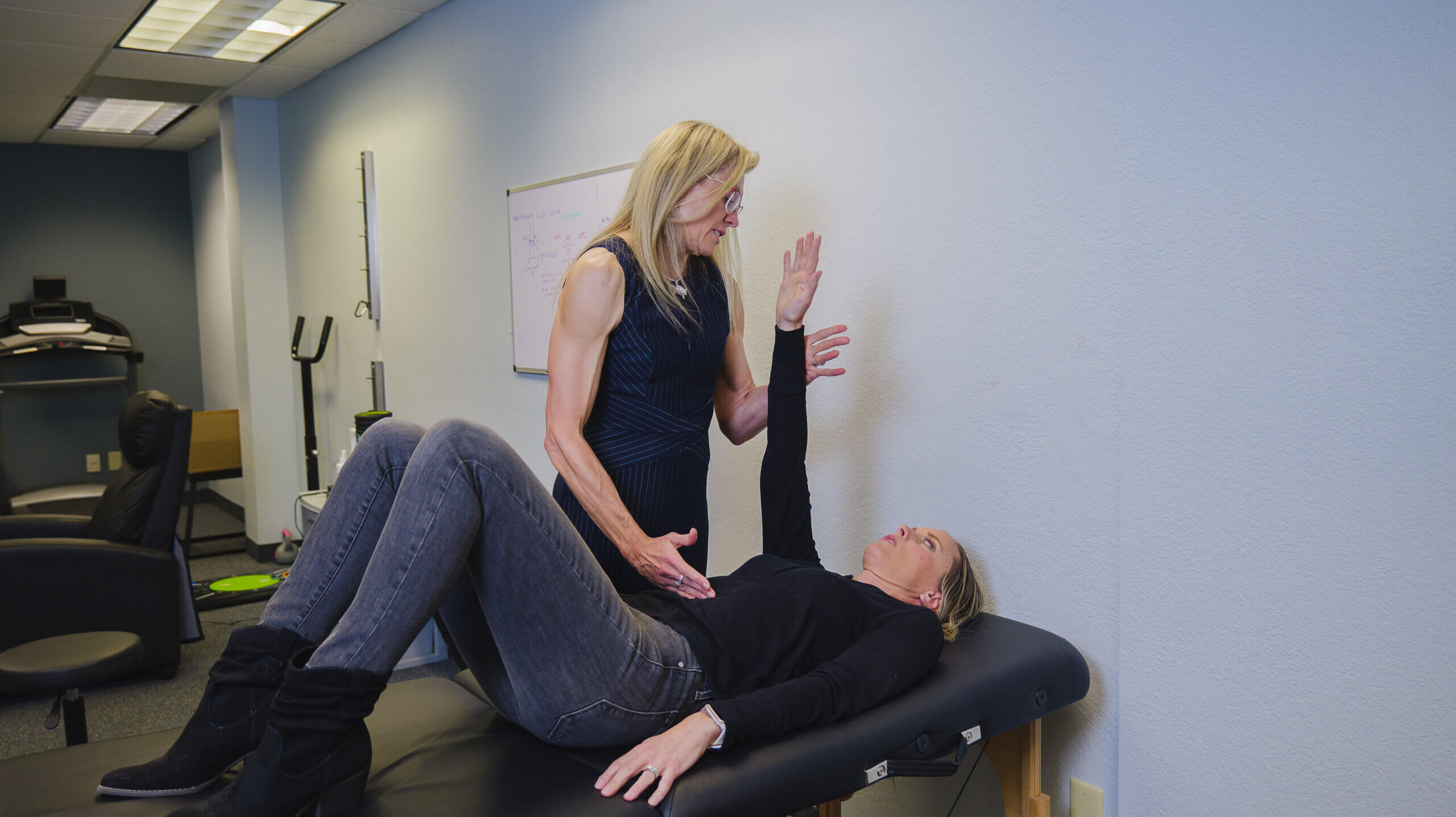Exercise therapy is an important component of a healthy lifestyle intended to encourage weight loss, prevent illness, or manage existing conditions. If you’ve never engaged in serious efforts to exercise before, it’s best to consult a medical provider. One thing you’ll want to watch out for is dehydration and electrolyte imbalances.
Overview of Dehydration and Electrolyte Imbalances
When your body loses more fluids than it takes in (such as through sweating, vomiting, and urination), you become dehydrated. Not drinking enough fluids is one common cause, but some people become dehydrated more easily. For example, some medications can cause dehydration, as can being ill. If you’re feeling thirsty, you’re already feeling the signs of dehydration. It can also cause a headache, dizziness, fatigue, muscle cramps, and dark-colored urine.
Electrolytes are a crucial part of keeping the body hydrated. Electrolytes are minerals like sodium, potassium, calcium, magnesium, and phosphate. Electrolytes are important for preventing dehydration because they help balance the amount of fluids in your body, maintain an ideal pH balance, and move waste out of the cells (and nutrients into them). An electrolyte imbalance occurs when you have too little or too much of one or more electrolytes. For example, if you’re dehydrated or overhydrated, you can have an electrolyte imbalance.
Dehydration and Electrolyte Imbalance Prevention
To reduce the risk of dehydration and electrolyte imbalances, it’s important to sip water frequently throughout the day. Increase your intake of fluids during exercise therapy, in hot weather, and when ill. You should drink enough so that your urine is pale yellow. Your healthcare provider may also recommend using electrolyte supplements (like LMNT or ReLyte).
Important Safety Information
It’s crucial to stay well-hydrated every day, especially before, during, and after exercise therapy. However, there is such a thing as being too well-hydrated. Known as water intoxication or water poisoning, this condition is serious and may be fatal. When you have so much water in your system that your kidneys cannot excrete it, the electrolytes in your body become diluted, leading to hyponatremia. As sodium levels are depleted, fluid moves inside the cells and causes inflammation. Drinking an excessive amount of water, such 48 oz. within an hour, can cause water intoxication. However, it’s important to note that this threshold can be different for everyone. If your urine is clear, rather than pale yellow, then you’re consuming too much water.
Other Considerations Aside From Exercise Therapy
Although you do need to be especially cautious to stay well-hydrated during exercise therapy, there are other times at which fluid intake is a particular concern. For example, if you have a session scheduled for frequency-specific microcurrent (FSM) therapy, it’s recommended that you consume one quart of water in the hour leading up to your appointment, as this promotes best results from the treatment.
If you’re someone who is prone to dehydration, it can be beneficial to consume more than one quart. However, again, be cautious not to trigger water intoxication by drinking more than 1.5 quarts (48 oz.) in an hour.
Similarly, massage therapy can be an important part of an overall treatment plan for patients managing chronic illness, athletes seeking better recovery, those with chronic injuries, and many other types of patients. It’s important to stay well-hydrated before and after your massage, as this will help flush out the lactic acid and toxins released by the massage.
If you’d like to learn more about how to better care for your health and invest in a brighter future for yourself, consider becoming a patient at Tucson Valley Functional Medicine. Dr. Bybee focuses on preventive wellness through sound nutrition counseling, as-needed supplements, peptide therapy, and other healthcare services. Connect with Dr. Bybee at DrBybee@TVFunctionalMedicine to discuss becoming a patient.

